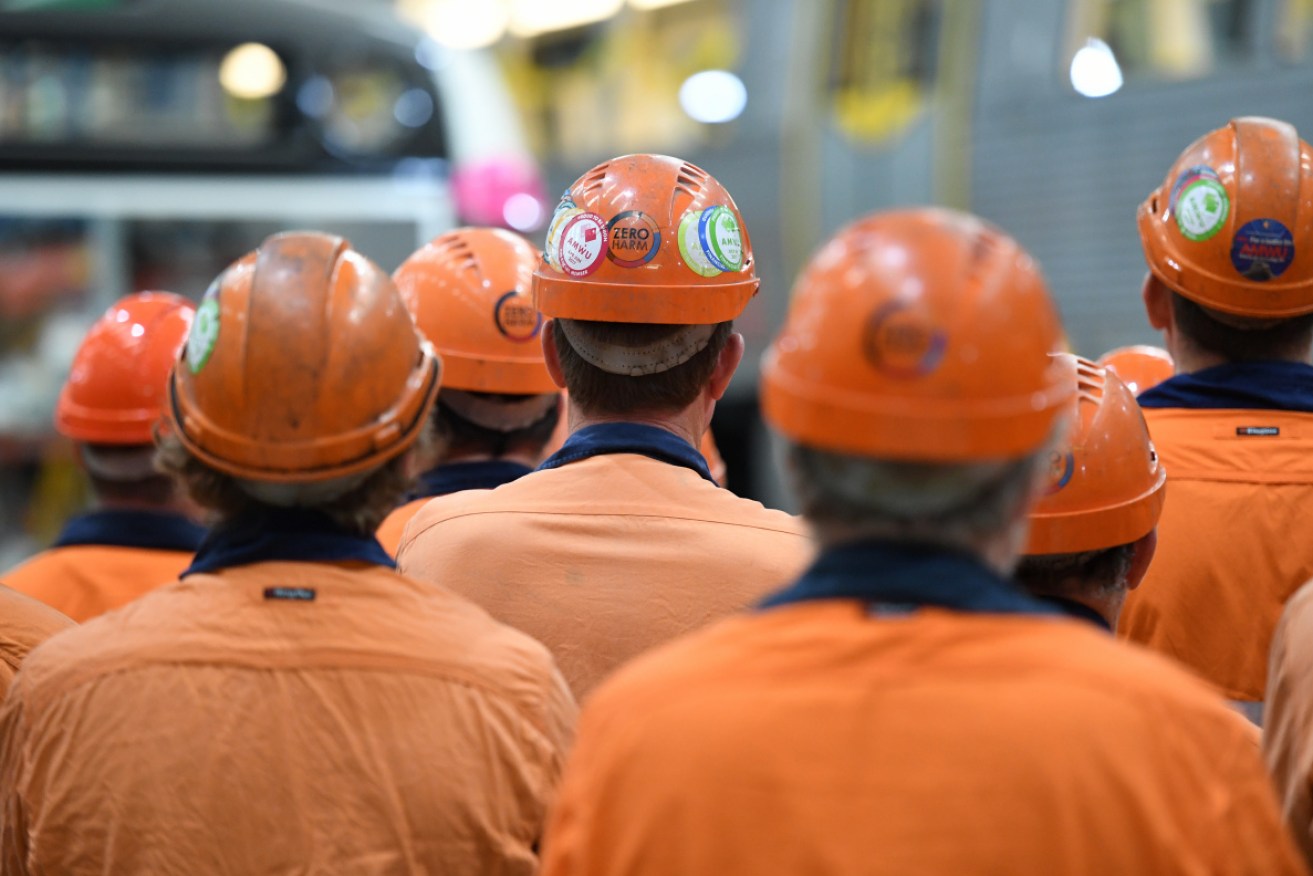Casuals court ruling: After the pandemic, it’s workers v business, as usual

The federal court ruling has set employers and workers on a collision course. Photo: AAP
Just days after Australian states started easing coronavirus lockdowns, the ‘we’re all in this together’ attitude has returned to turn the usual skirmishing between employers and unions over whose ideology is best for the economy.
The latest battlefront is the rights of casuals, with big business calling on the federal government to intervene after a landmark Federal Court case found long-term workers are entitled to paid leave.
The Morrison government already appears ready to find a legislative fix to the inconvenient ruling, with Industrial Relations Minister Christian Porter saying the decision would have immediate implications for businesses at a time when many had taken a hit from the coronavirus.
Mr Porter says there will be talks between employer organisations and unions to find a solution, but there seemed little recognition that the court win would help the very workers who have borne the brunt of the pandemic’s impact.
Not only have many casuals been denied annual leave and sick pay for the duration of the pandemic, but those who had taken any sort of leave break in the previous 12 months were cut out of the government’s JobKeeper program.
Tweet from @3poodlesWoof
One hospitality employer has told The New Daily that casuals on their books who had worked for several years, but who took a normal annual leave break were not eligible for the scheme.
The battle played out on social media after the Federal Court decision, with workers who have experienced casual employment vocal in their support of the ruling, and business operators offering dire warnings of less employment as Australia looks to economic recovery.
Many workers were scathing about the apparent contradiction of opposing such sick leave in the middle of a health crisis, with pay-to-pay workers more likely to be those who turn up to work when sick.
Others maintained that it was ridiculous to suggest they were paid a premium for their work as casuals.
Many said they received the lowest base rate, without benefits or the ability to negotiate with their employer.
That’s a view backed up by 2018 University of Melbourne research into the nature of casual pay, which indicated that the loadings claimed by employers were not adequate compensation for missing entitlements.
Joshua Healy, from the Centre for Workplace Leadership, said Australian Bureau of Statistics data showed the average casual wage is nowhere near 25 per cent more than a permanent worker.
Tweet from @flutter_rob
Dr Healy’s research found that the median wage premium was no more than five per cent in 10 occupations, with the premium at five per cent or less for sales assistants, hospitality workers, personal carers, cleaners, laundry workers, food preparation assistants and some labourers.
“My analysis indicates that the casual wage premium is smaller than might be expected,” he told the Sydney Morning Herald at the time.
“It might be because there is some informality in how employers apply the casual wage loading, which is supposed to be in the order of 20 to 25 per cent above the non-casual base wage, or it might be for other reasons.”
Unions spent Thursday cheering the court win, while the Australian Industry Group and Australian Mines and Metals Association were scathing, saying it was double dipping that would cost jobs.
The decision against labour hire firm WorkPac upheld an earlier ruling against the company that confirmed long-term employees should get leave provisions despite casual loadings.
Employers and the government say the combination of the pandemic and backpay claims of up to $8 billion could smash the economy.
“Given the potential for this decision to further weaken the economy at a time when so many Australians have lost their jobs, it may also be necessary to consider legislative options,” Mr Porter told AAP.
Tweet from @cheryl_kernot
Mr Porter – who once posted to Twitter an image of himself getting a Star Wars X-wing tattoo claiming it was “a symbol of prevailing against the adversity of what appear to be overwhelming odds” – did not anticipate the government taking the matter to the High Court, but said it would consider joining any action.
Labor’s industrial relations spokesman Tony Burke said such a move or legislation would be a betrayal, given companies using casual contracts for permanent jobs had been taking advantage of workers.
“If there’s any double dipping going on here it is being performed by the employers. They’re taking advantage of the insecurity of casual work while still getting permanent hours out of their workers,” he said.
Australian Council of Trade Unions secretary Sally McManus said insecure work was out of control and needed to be reduced, also stepping up her attacks on fixed-term contracts.
Tweet from @sallymcmanus
“It’s time for employers to accept that finding new ways to make permanent jobs casual has to end,” Ms McManus said.
-with AAP








